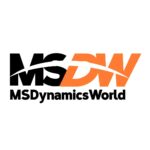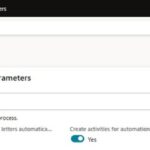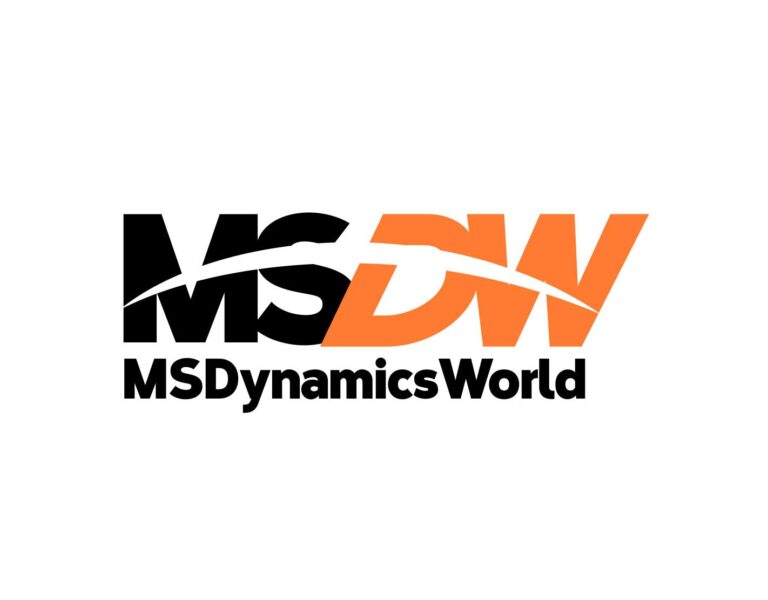For nearly a decade, Salesforce has been at the forefront of AI innovation through the pioneering Einstein Platform. Einstein represents Salesforce’s native AI, deeply embedded across the entire product suite of Salesforce applications. This seamless integration empowers customers with intelligent insights and automation, driving more than a trillion predictions every week – a testament to the platform’s scale and real-world impact.
Salesforce’s journey from building the Einstein Platform to inventing advanced technologies like automated feature engineering, feature selection, and model selection underscores deep technical expertise. Recognizing the transformative potential of generative AI, Salesforce proactively invested significantly in Large Language Models (LLMs), demonstrating foresight and a commitment to equipping customers with the next generation of AI-driven CRM solutions.
In conversations with customers exploring Salesforce Einstein—across both its predictive and generative AI capabilities, we frequently hear recurring questions and concerns around security, privacy, model hosting, training, and fine-tuning. Many of these concerns arise from common misconceptions. This blog aims to debunk those myths and provide a clear, transparent overview of the Einstein Platform, its proven AI/ML features powered by predictive and generative technologies, and the flexibility it offers to meet diverse enterprise needs.
Myth #1: Einstein is a product
Salesforce Einstein is the umbrella brand for all AI and machine learning capabilities built into the Salesforce Platform. It represents a comprehensive suite of intelligent features seamlessly embedded across various Salesforce clouds and products, delivering AI-driven insights and automation at scale.
Myth #2: Einstein works out-of-the-box with no setup
While some Einstein features come pre-configured, most require setup, data preparation, and customization. These features are not enabled by default—customer administrators must actively turn them on and configure the specific data they want the AI/ML models to use. Einstein offers a wide range of capabilities, from no-code to low-code and pro-code options. Depending on the feature being adopted, there are clear, guided steps customers must follow to enable and successfully integrate these AI capabilities into their workflows.
Myth #3: Salesforce uses customer data to train Einstein models by default
While Einstein predictive AI features may involve some level of model training using customer data, generative AI features powered by large language models (LLMs) do not require any training or fine-tuning. Instead, they operate using pre-trained (GPT) models and leverage customer-provided prompts and context from grounded data to generate responses.
Myth #4: Salesforce uses customer data to train global models by default
Only a few predictive AI features that are part of the Salesforce Einstein suite support the use of global models. The global models are trained using anonymized, de-identified customer data that is aggregated into a broader dataset—only if the customer hasn’t explicitly opted out. These global models can then be used across the Salesforce ecosystem to benefit all customers. However, participation is optional; customers can opt out entirely, meaning their data is not used for global model training, product improvements, or research purposes.
Einstein Generative AI features, including Agentforce, do not rely on global models. Learn more about the Global Model Opt-Out Process and Einstein Data Usage:
Myth #5: Global opt-out means Salesforce deletes all historical data used in training
If a customer previously opted in to allow their data to be used for global model training and later decides to opt out, Salesforce will immediately cease using any new data from that point forward. However, data that was already used prior to the opt-out may continue to be retained (anonymized and de-identified) and used for re-training the global models
Myth #6: Global opt-out is irreversible
Customers can modify their opt-in or opt-out status for data usage for global model training by submitting a formal request to Salesforce Support or, in Salesforce Marketing Cloud Engagement, by updating their preferences directly through the Salesforce setup or configuration interface.
Myth #7: Salesforce shares your data with third-party AI providers when you use Einstein features
Salesforce will never share customer data – including any anonymized, de-identified, or aggregated data – with external parties, including partners or other customers. All customer data is treated with the highest level of confidentiality and is used strictly in accordance with contractual agreements and privacy policies.
Myth #8: Global opt-out disables all predictions, recommendations, and GPT prompts
While opting out of global model training may limit the ability to contribute to and benefit from improvements derived from cross-org learning, you can still fully leverage AI capabilities within your own organization. Salesforce allows you to use org-specific models that are trained solely on your data, helping to ensure privacy while still enabling intelligent predictions and insights tailored to your unique business context. These org-specific models maintain all the core functionality of Einstein AI features, empowering your teams with actionable intelligence without the need to share data externally.
Myth #9: Global opt-out must be configured per user or per feature
Global opt-out configuration is managed at the Salesforce organization (org) level, meaning it applies uniformly across the entire Salesforce instance and is not customizable on a per-user or per-feature basis. Once enabled or disabled, the setting governs how AI features—such as model training and data usage—are handled for all users within the org. Individual users cannot override this setting, enabling consistent data governance and AI behavior organization-wide. This setting also applies to any Einstein features that may be enabled in the future, helping to ensure consistent enforcement of data usage preferences across both current and upcoming AI capabilities.
Myth #10: Agentforce is a rebranding of Einstein Platform
Agentforce is a standalone product that builds on top of the Einstein Platform, combining Salesforce’s AI-powered capabilities with a new focus on agentic workflows. Agentforce is an evolution in how those capabilities are orchestrated to deliver intelligent, autonomous agents that can reason, act, and collaborate with users.
Myth #11: Einstein AI features are not secure for regulated data
Salesforce Einstein is architected with enterprise-grade Trust boundaries to help ensure the highest levels of security, privacy, and compliance. It adheres to a broad range of industry-recognized compliance standards and certifications, including PCI DSS (for handling payment data), HIPAA (for healthcare-related data protection), GDPR (for data privacy for EU citizens), SOC 2 (focused on controls relevant to security, availability, and confidentiality), and ISO/IEC 27001 (a leading international standard for information security management systems). These certifications demonstrate Salesforce’s commitment to safeguarding customer data and enabling customers across regulated industries to adopt AI with confidence.
Myth #12: Global opt-out affects Bring Your Own Model (BYOM) integrations
The Global opt-out setting does not apply to Bring Your Own Model (BYOM) configurations, as these models are entirely managed and controlled by the customer. In a BYOM setup, customers are responsible for selecting, hosting, training, and maintaining their own AI/ML models, which operate independently of Salesforce’s global model infrastructure.
Learn more:
Get to know more Salesforce security best practices
Security evolves fast. Protect your business with these essential tips.










